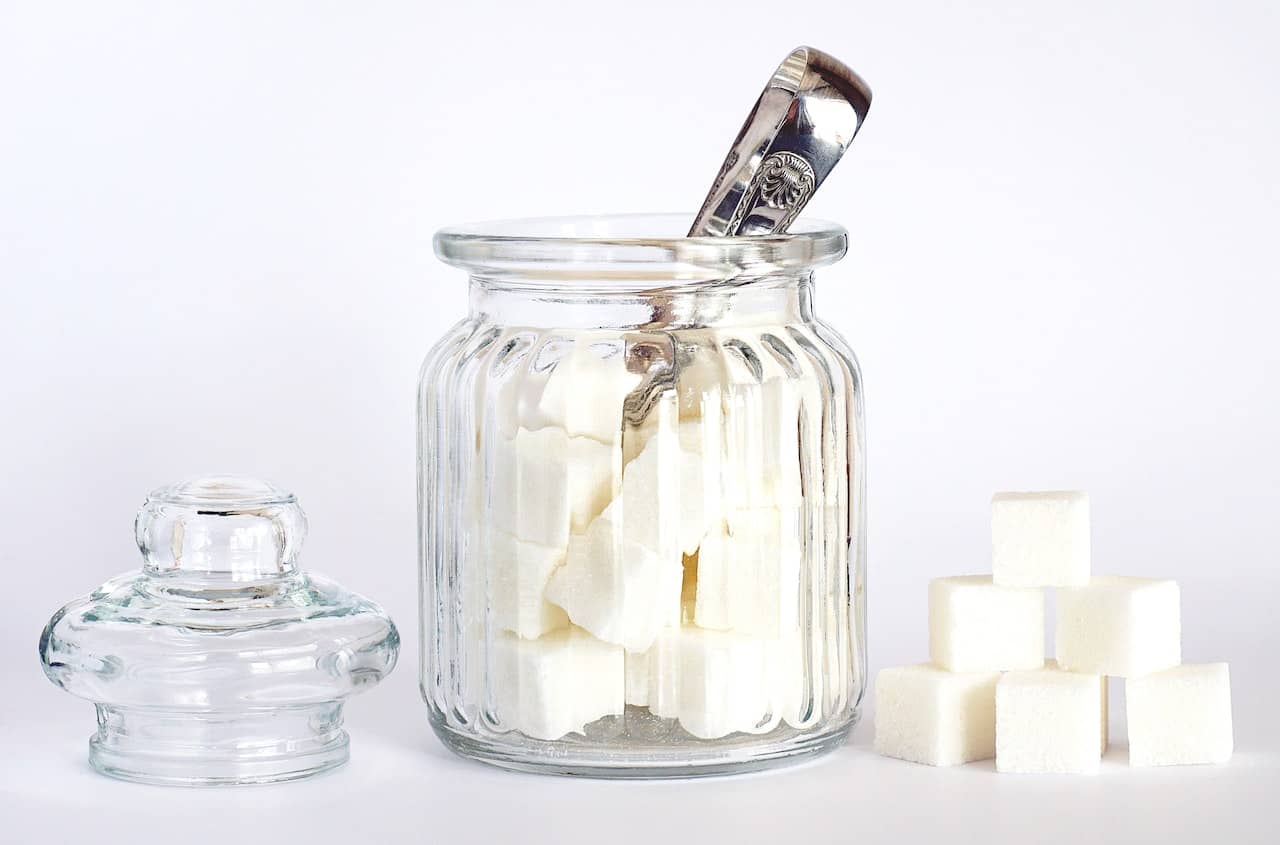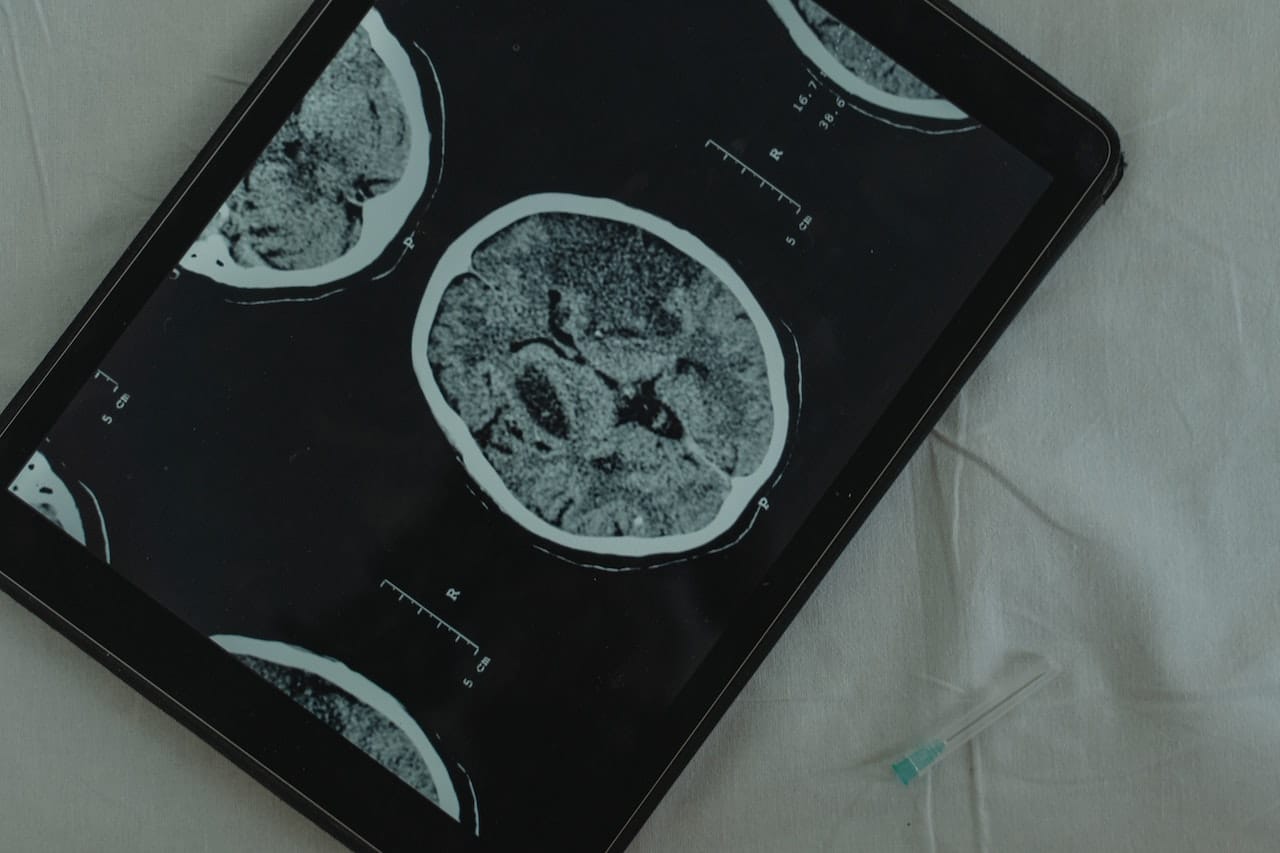Traumatic Brain Injuries (TBI) can be life-altering events, impacting not only your physical health but also your cognitive abilities. Whether the injury is mild or severe, the brain’s road to recovery is often long and arduous. One crucial aspect of this journey is proper nutrition, as the food we eat can significantly influence the healing process and brain health. In this article, we will explore the dietary considerations for brain health after TBI and discuss what foods to embrace and which ones to steer clear of.
Nutrition After TBI: A Healing Journey
After a Traumatic Brain Injury, the body initiates a remarkable healing process, but it needs the right fuel to do so. A balanced and brain-friendly diet can play a pivotal role in this recovery journey. Let’s delve into the dietary considerations that can aid in the healing process and promote overall brain health.
The Power of Antioxidants in Post-Traumatic Brain Injuries
Antioxidants are like the body’s natural superheroes. They combat harmful molecules called free radicals, which can cause oxidative stress and damage to brain cells. Including antioxidant-rich foods in your diet is crucial for brain health after TBI.
Fruits and vegetables are prime sources of antioxidants. Berries, in particular, are packed with antioxidants like anthocyanins, which have been shown to support brain function. Consider adding blueberries, strawberries, and blackberries to your daily menu. Leafy greens like spinach and kale are also fantastic options.
Omega-3 Fatty Acids: Brain’s Best Friend
Omega-3 fatty acids are essential for maintaining brain health. They support brain cell structure and function, making them a valuable addition to your post-TBI diet.
Fatty fish like salmon, mackerel, and sardines are rich sources of omega-3s. If you’re not a fan of fish, you can opt for flaxseeds, chia seeds, or walnuts. These seeds and nuts contain alpha-linolenic acid, a plant-based omega-3 that can be just as beneficial.
The Importance of Protein
Protein is vital for tissue repair, and after a TBI, the brain often needs significant repair. Lean proteins like poultry, lean beef, and beans should be included in your diet to facilitate this recovery process. Eggs are an excellent source of protein and also contain choline, a nutrient that aids in memory and cognitive function.
Hydration: The Unsung Hero
While not a dietary component per se, adequate hydration is critical for brain health. The brain requires a consistent flow of water to function optimally. Dehydration can impair cognitive abilities, so be sure to stay well-hydrated during your TBI recovery.
Aim for at least eight glasses of water a day, and consider incorporating water-rich foods like watermelon, cucumber, and oranges into your diet.

Carbohydrates: A Source of Energy
Carbohydrates provide the brain with its primary source of energy, glucose. However, it’s important to choose the right kind of carbohydrates. Opt for complex carbohydrates, like whole grains, legumes, and vegetables, rather than refined sugars and processed foods. Whole grains, in particular, release glucose slowly, providing a steady supply of energy for your brain.
Foods to Avoid with Traumatic Brain Injury
In addition to embracing brain-boosting foods, it’s essential to know what to avoid when it comes to your diet after a TBI. Some foods and substances can hinder the recovery process and negatively impact brain health.
Refined Sugars and Sugary Drinks
High sugar intake, especially from sugary drinks and processed foods, can lead to inflammation and oxidative stress in the brain. These can slow down the healing process and potentially worsen cognitive function. Reducing or eliminating sugary items from your diet is a wise move.
Trans Fats
Trans fats are commonly found in many processed and fried foods. They can lead to inflammation in the body, including the brain, and increase the risk of cognitive decline. It’s best to avoid foods containing partially hydrogenated oils, which are the primary source of trans fats.
Excessive Caffeine and Alcohol
While moderate caffeine consumption may have some benefits, excessive caffeine can disrupt sleep patterns and exacerbate cognitive issues, particularly in TBI patients. Similarly, excessive alcohol consumption can impair brain function and slow the healing process. It’s advisable to limit caffeine and alcohol intake during your TBI recovery.
High-Sodium Foods
Foods high in sodium can lead to high blood pressure, which, in turn, can increase the risk of stroke and further brain injury. To reduce sodium intake, avoid processed and packaged foods, and opt for fresh, whole foods instead.
Fast Food and Processed Meals
Fast food and highly processed meals are often packed with unhealthy fats, sugars, and excessive sodium. These foods can hinder your recovery and contribute to overall health problems. It’s best to opt for home-cooked, whole food meals whenever possible.
Real-World Strategies for Incorporating Brain-Healthy Foods
Now that you understand the importance of a brain-boosting diet and the foods to avoid, let’s explore some real-world strategies for incorporating these dietary considerations into your life.
Meal Planning
Creating a meal plan can make it easier to stick to a brain-healthy diet. Plan your meals and snacks in advance, ensuring they include a variety of antioxidants, omega-3s, lean proteins, and complex carbohydrates. Having a structured plan in place can help you make healthier food choices.
Grocery Shopping
When you go grocery shopping, stick to your meal plan and prioritise items like fresh fruits and vegetables, lean meats, and whole grains. Avoid the temptation of sugary snacks and processed foods by having a clear shopping list in hand.
Food Preparation
Preparing your meals at home gives you better control over the ingredients and cooking methods. This way, you can ensure that your food choices align with your brain health goals. Try experimenting with brain-healthy recipes to keep your meals exciting and nutritious.
Snacking Smart
Healthy snacks can be a valuable part of your TBI recovery diet. Keep a supply of brain-friendly snacks on hand, such as mixed nuts, yoghourt, or vegetable sticks with hummus. These options can help you maintain your energy levels throughout the day without compromising your nutrition.
Social Support
Share your dietary considerations with friends and family, so they can support your efforts to eat healthily. When dining out or attending social gatherings, let others know about your dietary restrictions, making it easier for everyone to accommodate your needs.
Making a Serious Injury Claim with National Claims
At National Claims, we understand the significance of providing support for individuals recovering from traumatic brain injuries (TBI). Our mission is to ensure that those affected by TBIs receive the compensation they deserve while focusing on their recovery. In this section, we will guide you through the process of making a serious injury claim with National Claims. we will connect you with a solicitor from our panel who will be able to assess your case.
Initial Consultation
The journey begins with a free, no-obligation consultation with our experienced team. We will carefully review your case, assess its merits, and offer you guidance on the best course of action. During this stage, we will listen to your concerns, answer any questions you may have, and explain the steps involved in the claims process.
Conclusion
Traumatic Brain Injuries are life-changing events that require comprehensive support, both in terms of medical care and legal representation. By incorporating the right dietary considerations into your post-TBI recovery, you can significantly contribute to your healing process. Remember to focus on brain-boosting foods while avoiding sugary, processed, and high-sodium items.
Maintaining a structured meal plan, practising mindful grocery shopping, preparing brain-healthy meals at home, and seeking social support are all strategies that can help you stay on track. If you are in the UK, leverage the availability of local, brain-boosting foods to make your dietary journey more accessible.
In addition to dietary considerations, National Claims stands ready to provide you with legal assistance in your journey to recovery. Our team is dedicated to helping TBI survivors make serious injury claims to secure the compensation they deserve.
Contact us to speak to one of our claims agents who will help you get started on your claim.
Click below to see why we are one of the most trusted claims management companies in the UK.

We’re proud of our excellent customer reviews
We thrive on delivering exceptional service and ensuring our clients’ satisfaction. Don’t just take our word for it. Check out some of our independent reviews to see what our clients have to say.
Excellent

This firm is excellent, they sorted out my car pay out and injury claim very fast, they always communicate with you all the time.

My accident case was dealt with confidence and with great result of the outcome, especially James kept me informed all the time.

I was very impressed at the way my inquiry was treated. I was listened to attentively and everything I needed to know was explained to me.






